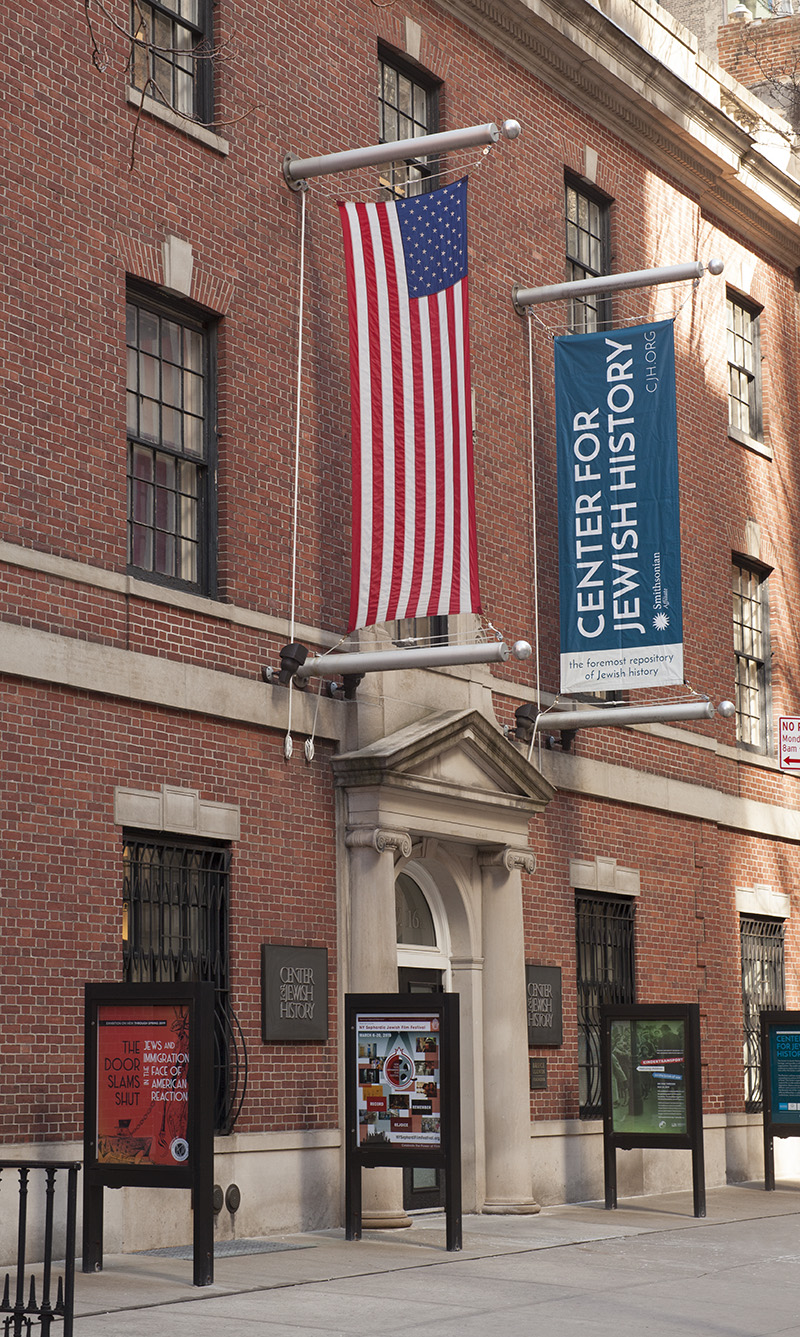concert
Yiddish and Hebrew Song in the Weimar Republic
The Weimar Republic era contained a hotbed of Jewish musical activity. Following World War I, there was a spike of curiosity about Eastern European Jewry and Yiddish, which inspired many German-Jewish composers—from Cantor Leon Kornitzer to avant garde composer Stefan Wolpe—to explore Yiddish folksong in their music. At the same time, Berlin and Vienna acted as important publishing centers for the Jibneh Edition. In addition to featuring music of some German-Jewish composers such as Aron M. Rothmüller and Israel Brandmann, Jibneh Edition disseminated music of composers born in the Russian Empire associated with the Society for Jewish Folk Music such as Joel Engel, Joseph Achron, Michael Gnessin, and Alexander Krein, as well as the great Yiddish song composer Lazar Weiner writing in America. This rich musical activity bridged communities active in the East and West and reflected the linguistically and ideologically diverse aspirations of Jewish composers of its time. Join YIVO for a concert exploring Yiddish and Hebrew songs of the Weimar Republic.
Presented by:

concert
lecture
Yiddish and Hebrew Little Magazines in the Weimar Republic - Live on Zoom
In this talk, Barbara Mann will discuss the "little magazine," a staple of modernist Jewish culture which flourished in the Weimar Republic. The little magazine is a distinctively portable and collaborative genre, an appropriate venue for the migrant, cosmopolitan mix of Berlin’s interwar Jewish population. Each issue blended poetry, manifestos and visual arts to create a unique form of cultural expression. Mann will explore the publishing history of Yiddish and Hebrew little magazines, their content, physical features, and readership.
About the Speaker
Barbara E. Mann is the inaugural holder of the Stephen H. Hoffman Professorship in Modern Hebrew Language and Literature at Case Western Reserve University. She is the author of A Place in History: Modernism, Tel Aviv and the Creation of Jewish Urban Space (Stanford, 2006) and Space and Place in Jewish Studies (Rutgers, 2012).
Presented by:

lecture
lecture
The Reality of Myth for Yiddish Writers in Weimar Germany - Live on Zoom
Berlin in the Weimar Republic (1918-1933) — though peripheral to the centers of Yiddish culture in the United States, Poland, and the Soviet Union — offered financial windfalls and business opportunities for migrants with foreign currency, particularly for writers with contact to the American Yiddish press. Moreover, Germany, unlike Poland, maintained diplomatic and economic relations with the Soviet Union, which allowed writers sympathetic to the Bolshevik Revolution a safe haven.
The heyday of Yiddish culture in Berlin was relatively short-lived, dating from about 1921 until about 1926, after which the Soviet Union had achieved political stability and began to invest, at least for the next decade, in a wide series of Yiddish-language cultural institutions. Nevertheless, Berlin was an important way-station in the development of modern Yiddish culture and particularly a Yiddish avant-garde.
In historical terms, it is always necessary to distinguish between "myth" and "reality"; for Yiddish writers in interwar Berlin, however, what is fascinating is the degree to which myth and reality informed and interpenetrated one another. In this lecture, Marc Caplan will examine the historical significance and legendary allure of Weimar culture by considering three of its most significant Yiddish writers: Moyshe Kulbak, Dovid Bergelson, and Der Nister ("the hidden one," Pinkhes Kahanovitch).
About the Speaker
Marc Caplan is a native of Louisiana and a graduate of Yale University. In 2003 he earned his Ph.D. in comparative literature from New York University. Since then he has held professorial appointments at Indiana University, Johns Hopkins University, Yale, the University of Wroclaw (Poland), and Dartmouth College, as well as research fellowships at the University of Pennsylvania, Harvard University, the Universität Konstanz (Germany), the Center for Jewish History (New York), and the University of Michigan (Ann Arbor). In 2011 he published How Strange the Change: Language, Temporality, and Narrative Form in Peripheral Modernisms—a comparison of Yiddish and African literatures—with Stanford University Press. His second book, Yiddish Writers in Weimar Berlin: A Fugitive Modernism, was published by Indiana University Press in 2021. Currently he is a senior lecturer in Yiddish literature for the Heinrich-Heine University in Düsseldorf, Germany.
Presented by:

lecture
